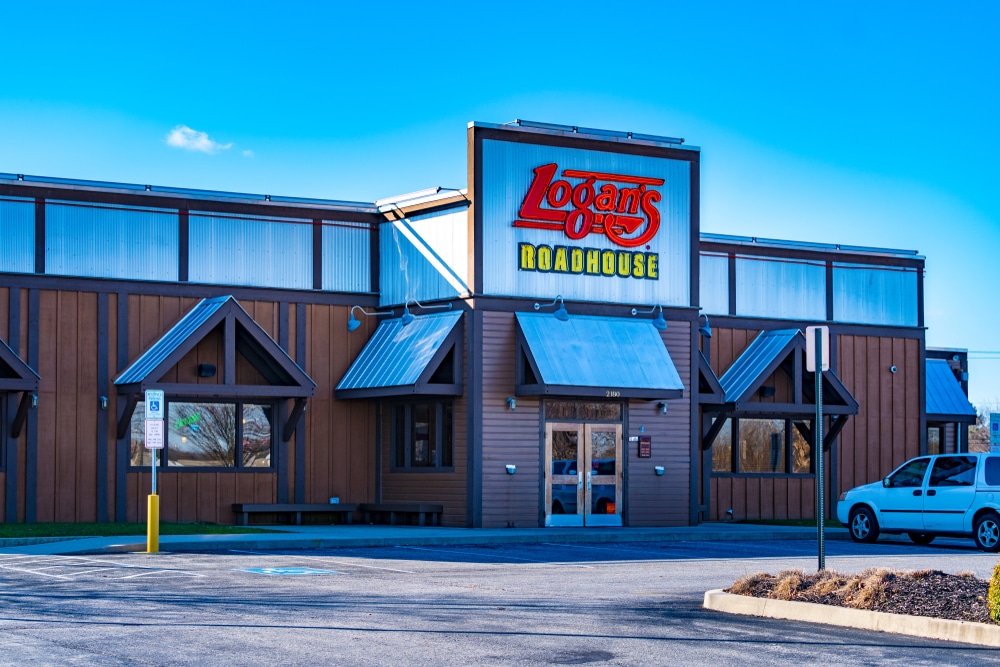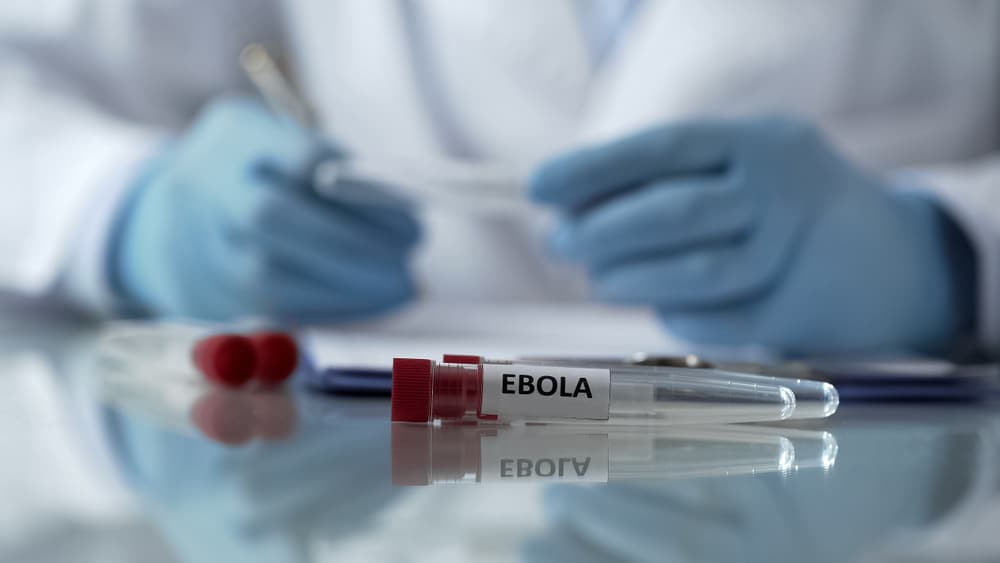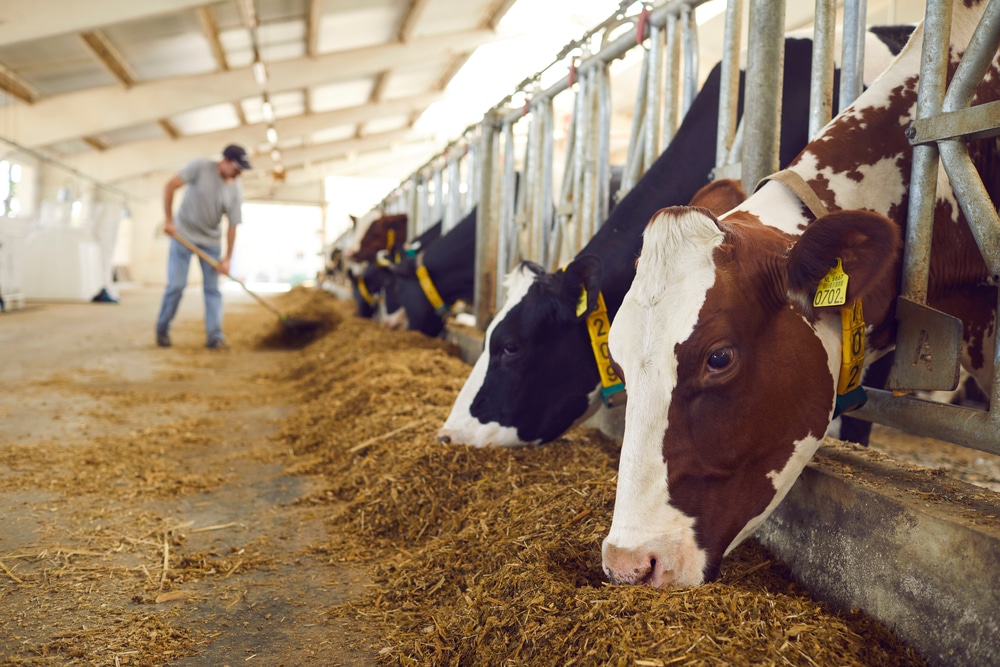The five people gathered around the restaurant table do not fit the profile of colon cancer patients. They’re female, and they’re young. Two were diagnosed in their 20s, one in her 30s, two in their early 40s.
Their colon cancer support group gathers about once a month to share stories, such as the one about the doctor who said you just need a laxative, the one about the oncologist who said there’s nothing we can do for you but give you chemotherapy the rest of your life, the one about friends saying, “You don’t look sick,” without realizing that isn’t helpful.
“It’s making themselves feel better,” said Carly Brown, 29, a schoolteacher diagnosed with Stage 4 colon cancer five years ago.
These women know all too painfully well that something strange is happening in the United States in the long war on cancer. Although progress has been substantial in lowering the overall death rate from cancer, deaths due to some types of cancer have increased among people younger than 50.
Colorectal cancer is one of the drivers of this trend. In the past three decades, incidence of the disease has risen significantly among people younger than 50, many of whom have no obvious risk factors, such as having a genetic predisposition. No one knows why.
American life expectancy trails that of similarly developed nations, and the gap is widening. The dismaying reality is that multiple factors are taking the lives of people who have not yet reached a ripe old age.
Colorectal cancer is a tiny element in that complex story, but the recent rise in the disease among seemingly healthy young people is a reminder that the health landscape is constantly evolving in ways not readily understood by medical science.
A report released early this year by the American Cancer Society found that people younger than 55 went from accounting for 11 percent of all colorectal cancer in 1995 to 20 percent in 2019. About 3,750 people younger than 50 will die of colorectal cancer in 2023, according to the report.
The rise in early-onset colorectal cancer is driven primarily by cancer forming on the patient’s left side, in the lowest portion of the colon or the adjacent rectum, said Rebecca Siegel, senior scientific director of surveillance research for the American Cancer Society. These cases tend to be more advanced than cancers detected in older people.
Siegel first spotted statistical evidence of the phenomenon in early 2008 and wrote a report published in 2009. Further studies showed that, contrary to what some experts suspected, this is not just a case of increased screening and earlier diagnosis, Siegel said. Mortality rates have been increasing alongside disease incidence, she said.


















